Oppressive Trauma and premenstrual disorders: A Complex Relationship
PMSing Against Patriarchy: A Rebellion in Every Cycle
A Life Less Miserable is a free, reader-supported publication that aims to integrate personal experience, peer-reviewed research, and practical tips about premenstrual disorders, ADHD, and other mental-health-related topics. If you enjoy this content, consider sharing it or buying me some chocolate instead.
Let’s be clear on one thing before we start: It's important to understand that there's no single cure for PMDD symptoms. While I share strategies that have helped me as part of a holistic approach, it's crucial to recognize that we're all individuals with unique needs and backgrounds. I make it a point not to claim that you’ll be cured if you do as I did (or that I myself am cured).
This perspective may sound unconventional or ‘woo-woo’ to many, as it did to me initially. I was primarily medication-oriented for about 14 years until I realized they weren't helping me significantly. At the time, I wasn't aware of PMDD. When I asked a psychiatrist if my medication could be exacerbating my pre-menstrual anger, he dismissed the possibility, stating that PMS worsens with age1. Later, I discovered online reports from women experiencing similar side effects with the same medication.
This realization about my medication mirrored a larger truth: women’s health is often misunderstood and dismissed, both in the medical field and society at large. After several bad experiences with doctors (gynecologists who asked if my boyfriend was OK with the fact that I don’t take hormonal birth control, etc) and months of horrible withdrawal symptoms from Effexor, I was anxious about taking more medication. So I read and took supplements and did meditation retreats and read some more.
The mind-body connection
The concept that "trauma is stored in your body" initially seemed far-fetched to me. However, as I delved into the research behind it, I discovered it's now an accepted concept taught in therapy training programs. Research in somatic therapy and neurobiology supports this, demonstrating how trauma imprints itself on our nervous system and affects bodily functions, including hormonal regulation.
The idea that stress, trauma, and loneliness impact physical and mental health isn't new. Numerous studies link loneliness to shorter lifespans and early trauma to various physical and psychological health conditions. Dr. Gabor Maté's book "When The Body Says No" explores how suppressing emotions like anger affects our hormones and immune system, though it doesn't specifically address PMS or PMDD.
Recent studies have revealed striking connections:
83% of women with PMDD experienced early life trauma, with emotional abuse being the most common at 71% (Kulkarni et al., 2022)2
There's a significant association between the frequency of sexual harassment women experience and the frequency of premenstrual symptoms (AbdelQadir et al., 2022).3
Interestingly, women who experience PMS or PMDD symptoms don't differ in hormone levels from women without PMDD. This suggests that PMDD is more than just a hormonal issue.4
Societal and Cultural Factors
It may or may not be a surprise to you that worldwide, women still experience different kinds of sex and gender-based oppression and violence. I could go on any news site to link to some current examples, but I was having such a nice day. These experiences, whether overt or subtle, can profoundly impact a woman's psyche and potentially exacerbate PMDD symptoms.
Personal experiences, from everyday microaggressions to more severe forms of harassment or abuse, can accumulate and manifest in unexpected ways. For instance, the rage that seems to surface "for no reason" during the premenstrual phase may be connected to these experiences.
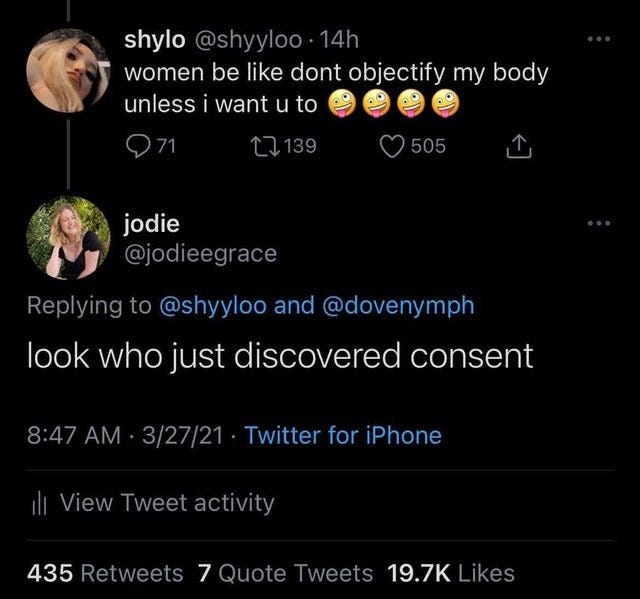
For me, it’s often in the everyday things: grooving along to music until lyrics of songs by men about women jump out at me; the fact that I’m supposed to be unaffected by my body going through significant hormonal shifts. In the audience of an open mic, as the comic turns to me as the only woman in the room, I’m torn between wanting to support comedians on stage but also, not wanting to agree that women are “meaner than men”.

There’s reading, for school or fun, about theories and ideas by the people men considered some of the best minds—whether Carl Jung, Einstein, or Gandhi—knowing how casually cruel they were towards the women in their lives. Pushing down the voice saying, “This is how they feel about us.”
And then, of course, there are all the little and not-so-little events: boys and men trying to convince me to have sex with them, grown men who hit on me in the supermarket when I was a teenager, times I’ve had sex with someone despite not really wanting to, being talked down to or ignored.
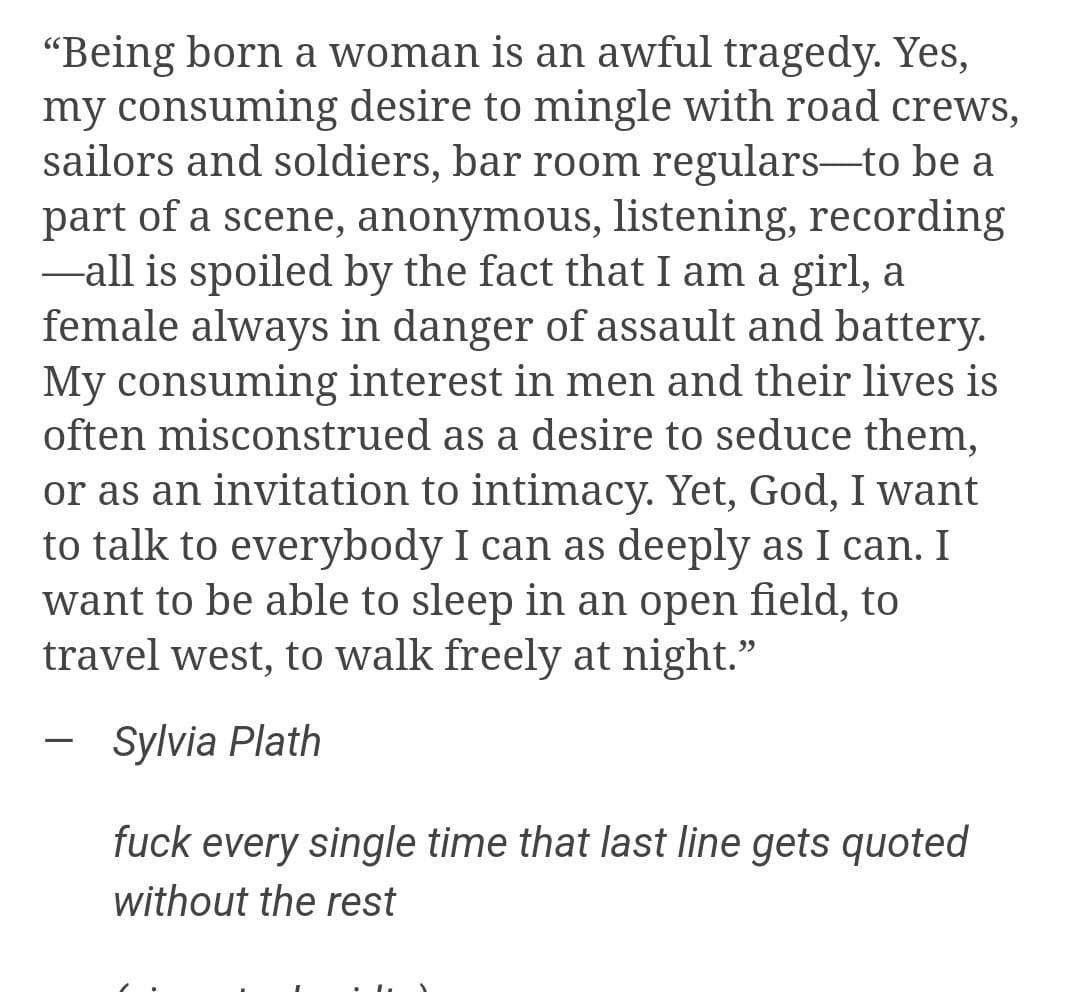
These are all things I’ve learned to live with until, like clockwork, they come up, day 15 of my cycle every month. Sometimes, specific memories, others a general sense of anger and disdain. But the rage that seemed to come up seemingly for no reason now makes a lot more sense to me.
How does it connect to PMS specifically?
For years, I wished I could live so disconnected from my emotions because I thought that was what I needed to do to be successful.
Women, historically, were seen as crazy, and our hormones/uterus were usually the suggested reason. In my biological family, as well, I was the one who was “too sensitive” or “too negative” when I brought up things my family didn’t want to look at - like telling them they were wrong about something. I subconsciously learned that there was something different and wrong about me, and I couldn’t understand why I would sometimes explode.
My healing has come from embracing parts where I enjoy being a woman, not in superficial externalities like wearing a dress. Growing up, I often hated being a girl or woman. As a young child, I thought I might still go to the bathroom and find myself with a penis. I resented being told what I should or shouldn’t like or do based on being a girl; I also thought it was pretty unfair that in Jewish tradition, girls had their Bat Mitzah and had to become adults at 12, while boys had an extra year.
All I was taught about my period was the whole egg-releasing thing and that I’d need to deal with bleeding once a month for many years to come. I was never taught about the importance of tracking my menstrual cycle or how it could provide insights into my physical and emotional health. I never learned that my body has very different needs during different phases of my cycle. It’s only recently that I have seen the moods and feelings of different selves that have emerged as even semi-positive, albeit not enjoyable.
Internal Family Systems for PMS/PMDD
I was recently talking to a friend who mentioned that she was PMSing. In a few days, she’d gotten super angry, had a conflict with her boss, and fought with her boyfriend—and she saw it as a good thing. She talked about how the feelings of rage showed her where she needed to set boundaries and how difficult it was for her to say things to her boss that …
Premenstrual disorders are more than just a hormonal issue—they're shaped by everything from biology to personal trauma and the everyday pressures women face. The fact that so many women with PMDD (or other forms of premenstrual disorders) have experienced trauma just highlights how complex this condition is.
We must stop treating our cycles like something to just ‘deal with’ and start understanding what they tell us. Premenstrual symptoms aren’t just a ‘women’s problem’; they reflect significant challenges we face in life.
By being open, supporting each other, and pushing for more research, we can finally give premenstrual disorders the attention they deserve. It's not about buying into ‘woo-woo’ ideas—it’s about recognizing the real impact this has on our health and well-being.
Further reading and resources
Invisible Women: Data Bias in a World Designed for Men by Caroline Criado Pérez
Hormonal: The Hidden Intelligence of Hormones -- How They Drive Desire, Shape Relationships, Influence Our Choices, and Make Us Wiser by Martie Haselton
Misogyny: The World's Oldest Prejudice by Jack Holland
When the Body Says No: The Cost of Hidden Stress and The Myth of Normal: Trauma, Illness, and Healing in a Toxic Culture by Gabor Maté
Hantsoo, L., Rangaswamy, S., Voegtline, K., Salimgaraev, R., Zhaunova, L., & Payne, J. L. (2022). Premenstrual symptoms across the lifespan in an international sample: data from a mobile application. Archives of women's mental health, 25(5), 903–910. https://doi.org/10.1007/s00737-022-01261-5
Kulkarni, J., Leyden, O., Gavrilidis, E., Thew, C., & Thomas, E. H. X. (2022). The prevalence of early life trauma in premenstrual dysphoric disorder (PMDD). Psychiatry Research, 308, 114381. https://doi.org/10.1016/j.psychres.2021.114381
AbdelQadir, Y. H., Assar, A., Abdelghafar, Y. A., Kamal, M. A., Zaazouee, M. S., Elsayed, S. M., Ragab, K. M., Nabhan, A. E., Gamaleldin, N. A., Moris, M. S., AL-Masri, B. E., El-Sherif, D. M., Mohamed Goudy, Y., Khaled Alsiouty, A., Mahmoud, M. M., Faragalla, H. M., Abdelazim, E. A., Mohamed, N. A.-H., Elsayed, S. I., & Shehata, H. H. (2022). Prevalence and patterns of premenstrual disorders and possible association with sexual harassment: a cross-sectional study of young Arab women. BMC Women’s Health, 22(1). https://doi.org/10.1186/s12905-022-02130-0
Cary, E., & Simpson, P. (2024). Premenstrual disorders and PMDD- a review. Best Practice & Research Clinical Endocrinology & Metabolism, 38(1). https://doi.org/10.1016/j.beem.2023.101858



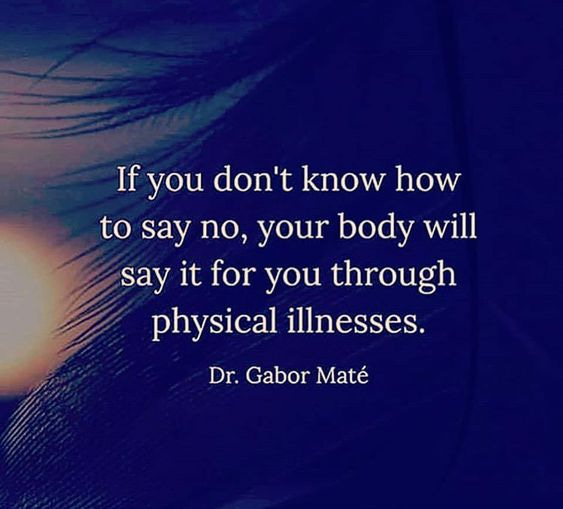
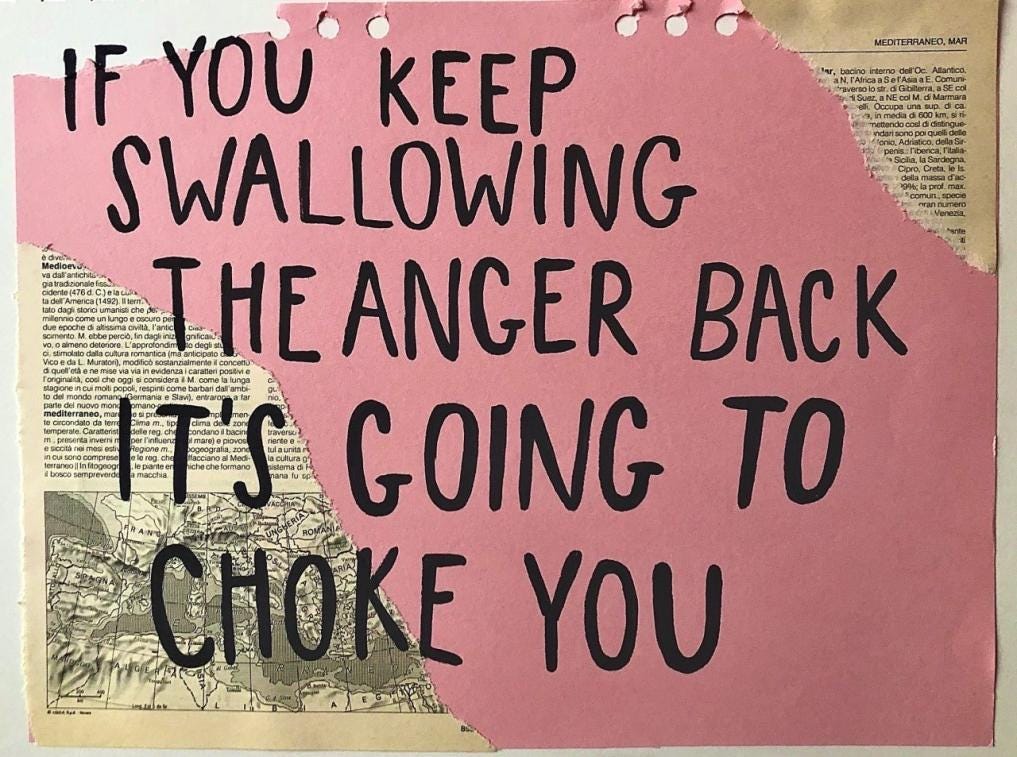
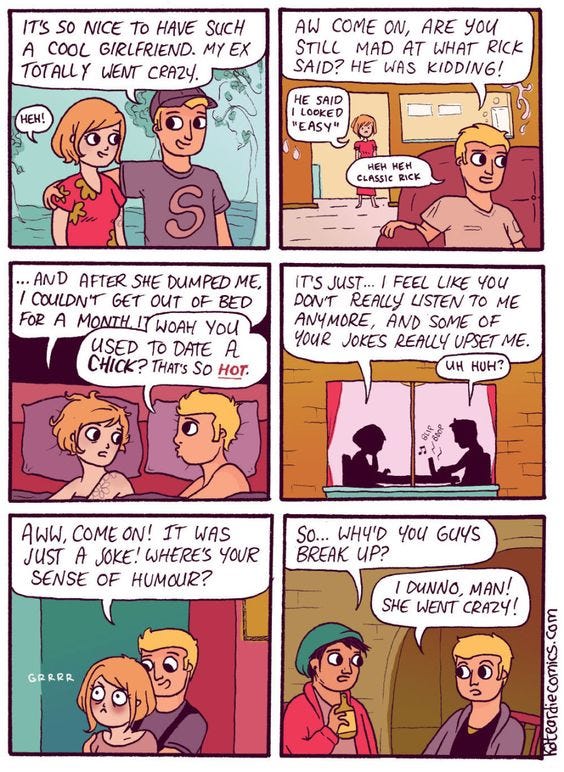
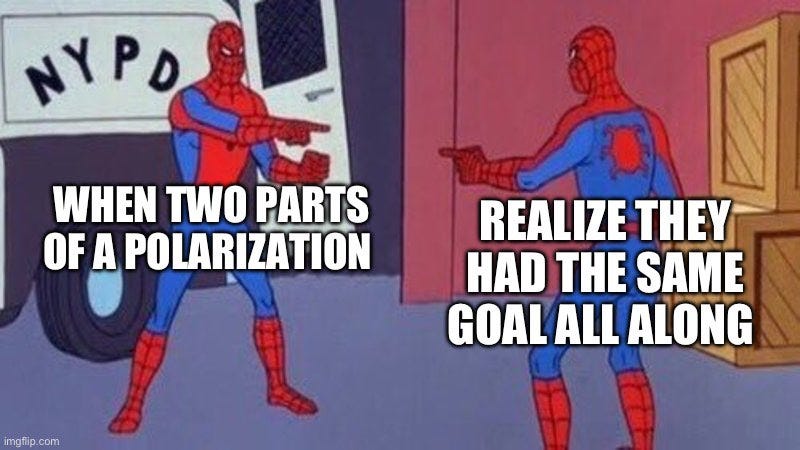
Thank you for writing this piece. Women’s health is so under studied and misunderstood. I agree that the menstrual cycle is a source of strength, not a weakness. We’ve been brainwashed. It makes so much sense that menstrual disorders are caused or exacerbated by trauma. How women’s bodies have absorbed it for so long and that it manifests in the body mind and spirit. People wonder why we’ve gone “crazy”? The anger and rage is justified. We’ve held back for too long.
This article was so insightful. I am reading The body keeps the score, slowly, and I keep coming back to his ideas.